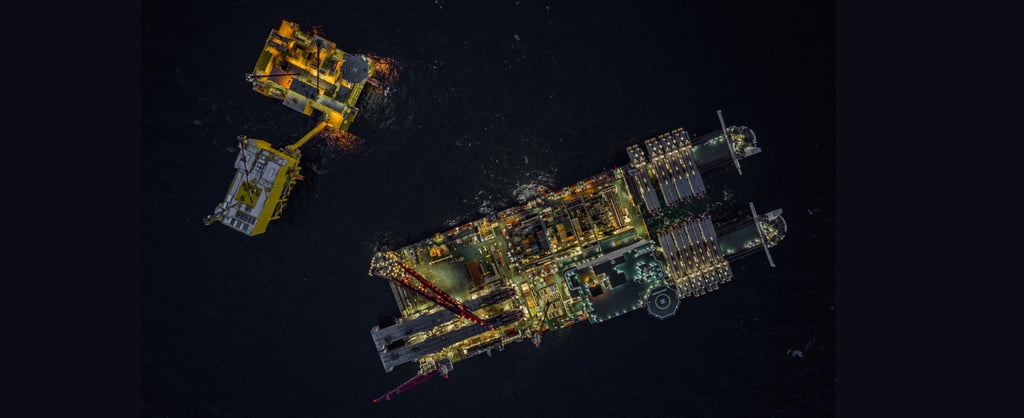Client challenge
TenneT is the owner of the leading European electricity transmission system operator (TSO), with operations in Germany and the Netherlands. Its HVDC converter offshore platforms in the German Exclusive Economic Zone in the North Sea will transmit the energy generated from several wind farms to the onshore grid. Before transmission, each platform will convert the AC power from the wind farms to DC.
SIEMENS and Petrofac were contracted by TenneT to design, build and install the platforms. Our client required the topsides to be fully fabricated, assembled, integrated and tested for preliminary pre-commissioning conditions onshore, before transportation to the offshore site.
How we helped
We were appointed as the independent, third-party certifying authority by TenneT, being recognised by the German Federal Maritime and Hydrographic Agency. In this role, we evaluated and certified the project, encompassing design, construction, transportation, installation and commissioning.
Our design appraisal covered:
-
hazard identification and hazard and operability studies (HAZIDs and HAZOPs)
-
fire and safety issues
-
electrical, instrumentation and control items
-
geotechnical, fixed structures and corrosion protection
-
materials, welding and non-destructive examination (NDE)
-
mechanical piping process and axillary systems
-
environmental matters.
We also provided surveys for:
-
onshore fabrication and installation, covering component fabrication and pre-commissioning
-
transport, installation and commissioning, covering assembly and pre-commissioning.
Powerful results
Early involvement to reduce risk and cost
During design development, our technical experts examined qualified reports, with the main aim of minimising risk by eliminating potential errors early on in the process. Finding errors further down the line would have greatly increased costs.
Good communication for project success
We evaluated the project’s documents. The constructive and collaborative relationship meant we could raise any issues or queries with TenneT and their sub-contractors in an open environment. Communication with the project partner was clear and regular, so amendments and modifications could be implemented into the design quickly and efficiently.
Ensuring compliance with key standards
We developed a certification scheme alongside TenneT, the Duty Holder. Certification activities were examined to make sure they met the requirements of both the national regulations (BSH-Standard) and international offshore standards.





